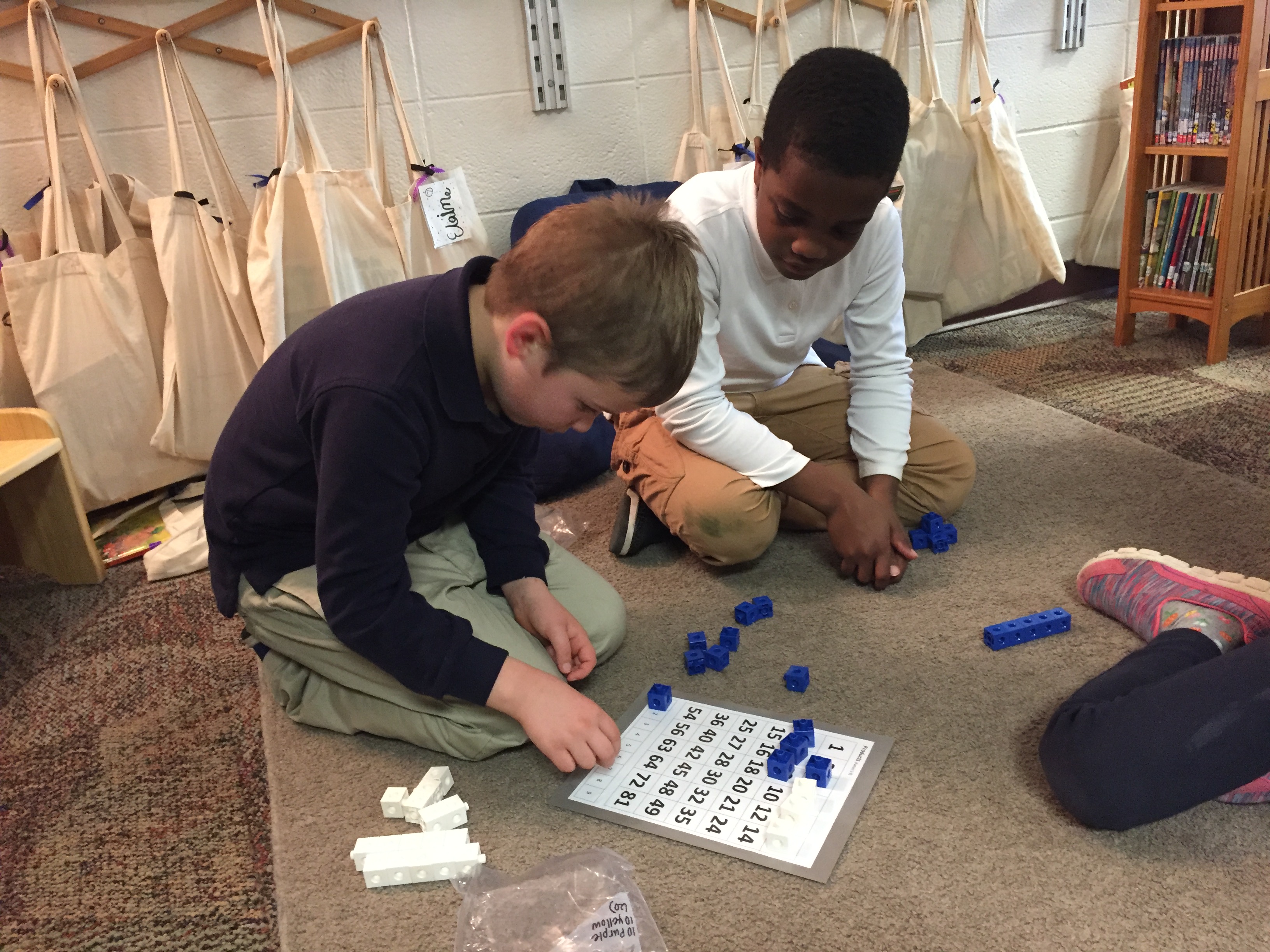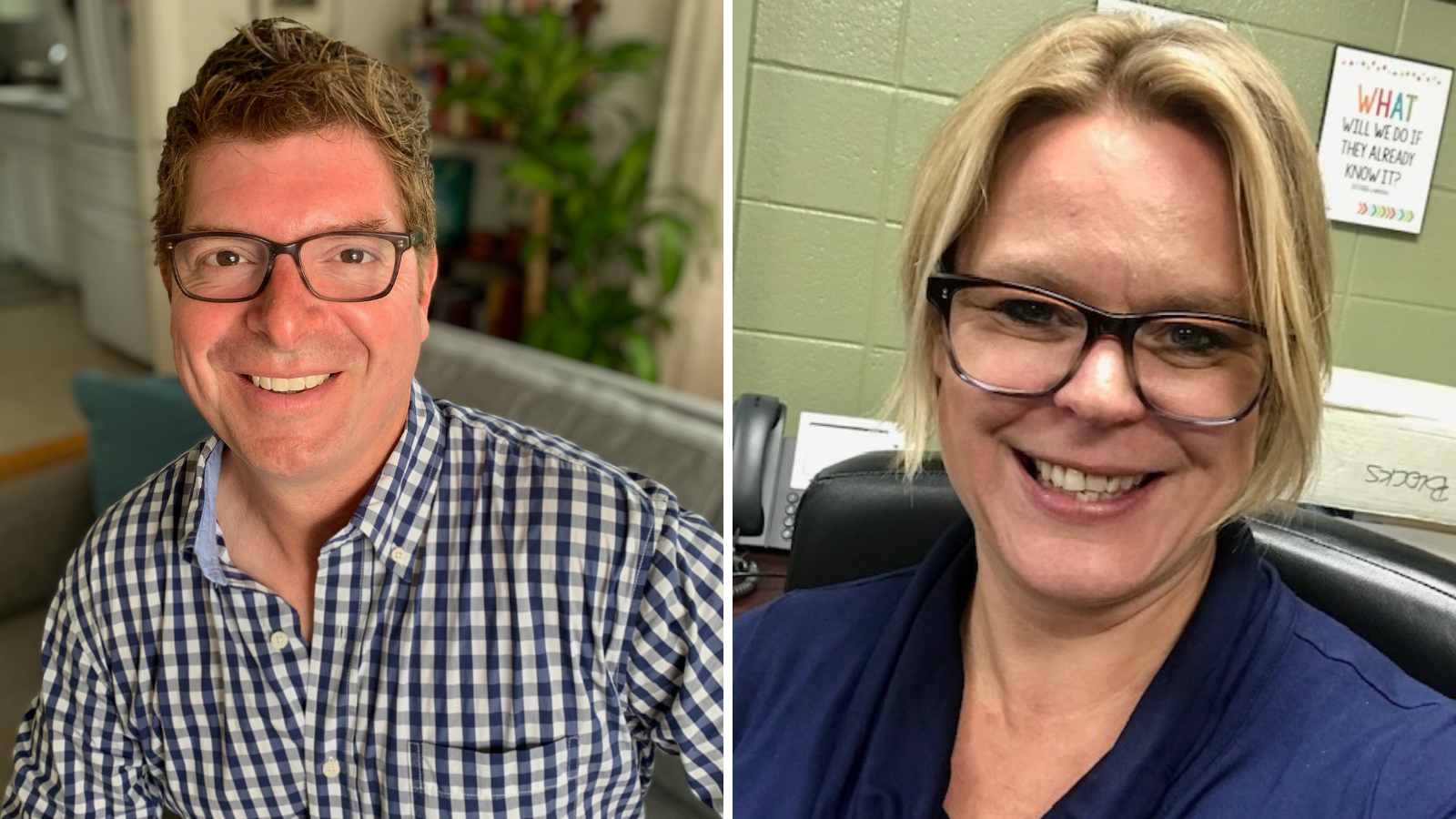Our 3-Day Math Institute is segmented into two strands: Introduction to Balanced Mathematics and Building From What We Already Know.
| Introduction to Balanced Mathematics | Building From What We Already Know | |
| 9:00-10:30 | Fact Fluency and Maintenance: Collecting the Data | Is it Reasonable? Using Estimation Across Mathematical Concepts |
| 10:30-10:45 | Break | Break |
| 10:45-12:15 | Fact Fluency and Maintenance: Organizing the Data | Integrating What We Know about the Workshop Model into Mathematics Classrooms |
| 12:15-1:45 | Lunch On Your Own | Lunch On Your Own |
| 1:45-3:00 | Fact Fluency and Maintenance: Implementation in Your Classroom | Social Issues in the Math Classroom |
Strand: Introduction to Balanced Math
Sessions in the Introduction to Balanced Math strand are designed for participants who are new to mathematical offerings from the Partnership for Inquiry Learners, those looking for a reboot, or those looking to solidify their professional development offerings in their schools or districts.
Fact Fluency and Maintenance: Collecting the Data
During this session, participants will learn how to administer a fact interview (similar to a running record, but with math facts!) and code it in a way that it tells a complete story of how children think about and solve their basic math facts.
Fact Fluency and Maintenance: Organizing the Data
Once we know what facts our students know and which ones they are still working on, we need to think about how to organize all the information. This session will show participants how to organize individual student’s data as well as class data in order to think about how they might create small groups for instruction and partners for playing games.
Fact Fluency and Maintenance: Implementation in Your Classroom
Once we know how to get the data on each child and organize it in a way that informs teaching decisions, what do we do? In this session, participants will learn about how to get your students started with their personalized math facts, what to do when they show mastery of those facts, and how to find time to make it all happen in your classrooms!
Strand: Building From What We Already Know
These sessions are designed for participants who have already attended several workshops by Courtney and Ryan Flessner. The Flessners are always learning, always thinking, consistently adding resources to their repertoires, and modifying ideas you may already know. If you feel like you’ve “seen the Flessners,” this strand is for you!
Is it Reasonable? Using Estimation Across Mathematical Concepts
Estimation may be the most underrated skill in elementary mathematics. Often, we teach students rounding rules and move on. This session will engage educators in several estimation activities that can form the basis for explorations in all four aspects of the Balanced Mathematics model.
Integrating What We Know about the Workshop Model into Mathematics Classrooms
Educators often note their comfort with Reading and Writing Workshop but note that math time feels different. This session will revisit the foundations of the Workshop Model as we think about applying this structure in our teaching of mathematics.
Social Issues in the Mathematics Classroom
The past year has been tumultuous. Students of all ages have seen (and even engaged in) protests; they’ve watched fellow citizens storm the capitol building; and they’ve lived through a global pandemic. This session will engage educators in activities that acknowledge students’ experiences in constructive ways instead of avoiding issues that may feel uncomfortable to adults. We’ll discuss the difference between being ‘political’ and being ‘partisan’ as we engage in mathematical tasks that can spur connections to history, language arts, and health and wellness.




